Articles

Individual Actions We Can All Take to Transform Food Systems
Following up on her article, Pathways to Creating a Just Food System, Dana Geffner explores the barriers and opportunities to creating a just food system through this four-part series of articles, from outlining regenerative business structures to showing examples of alternative business models and alternatives to conventional shopping. In this fourth and final part of the series, she focuses on what individuals can each do to participate in transforming our food system.
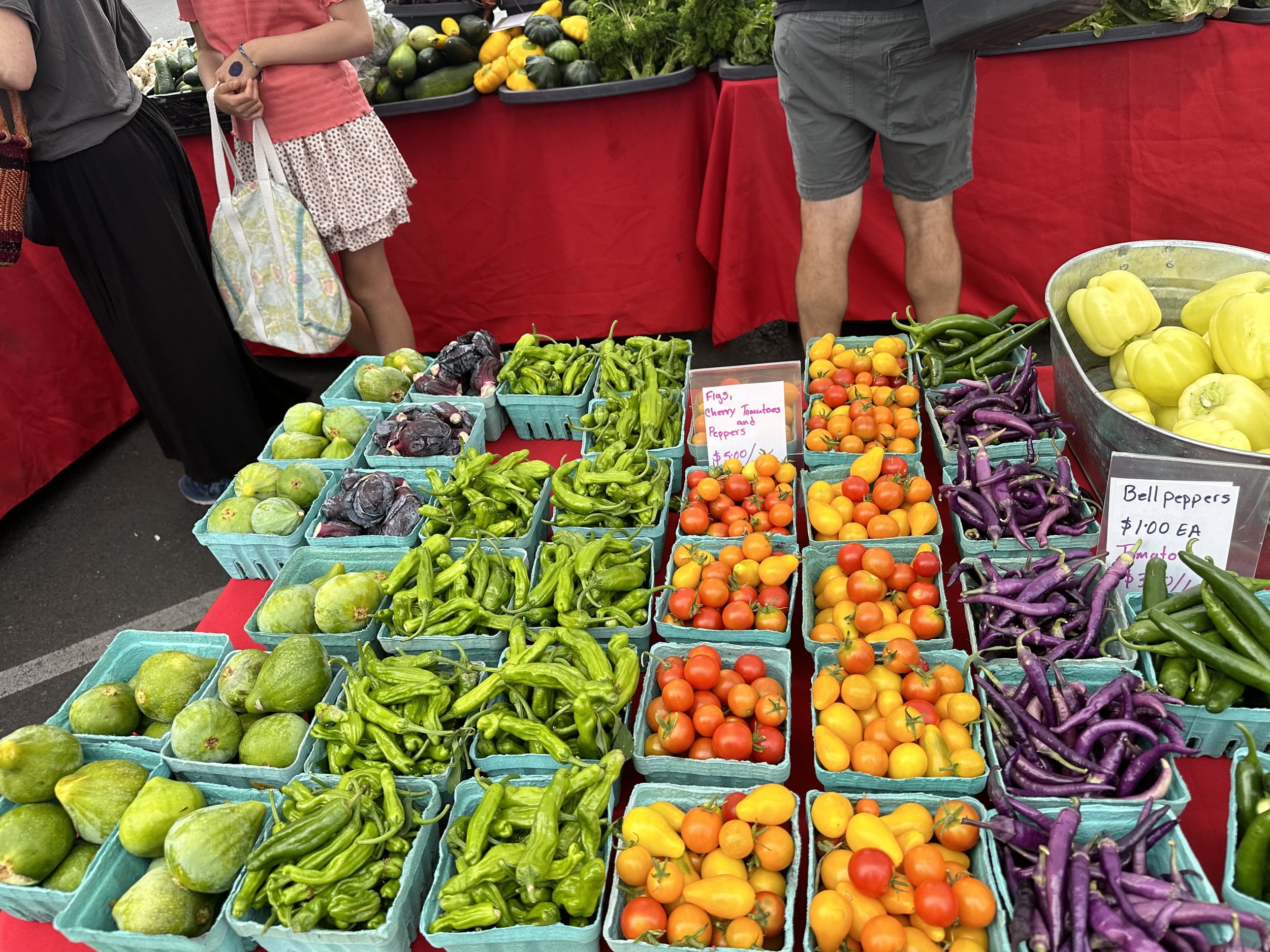
Alternatives to Conventional Shopping
In part 3 of a series, Dana shares examples of people and communities around the globe who are offering consumers a way to shop that does not extract wealth out of communities. Here are a few examples of community-owned grocery stores, national organizing associations, and other models that place farmers in the driver’s seat.
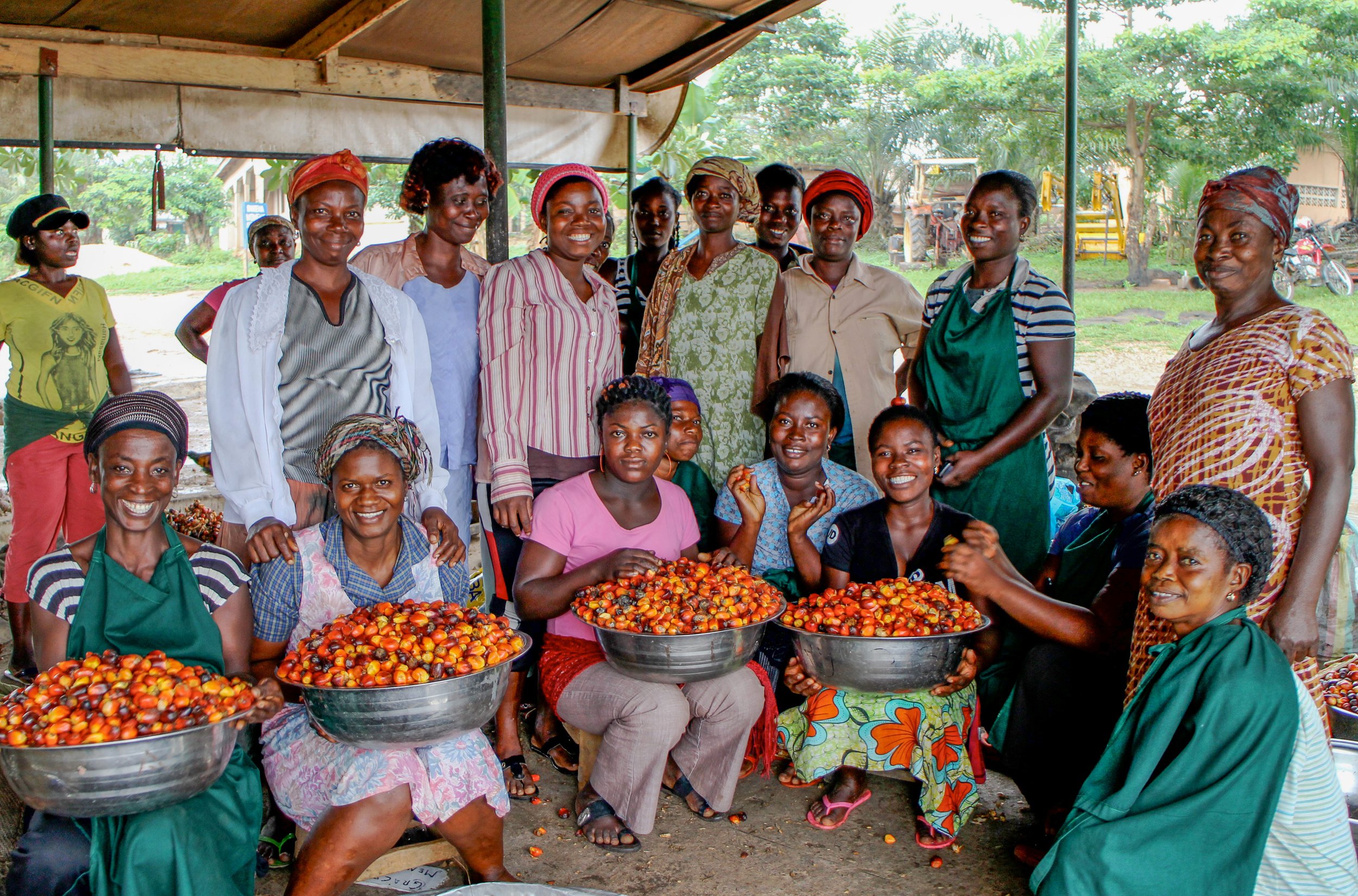
Alternative Business Models Building Fair and Equitable Partnerships
In part 2 of a series on Alternative Business Structures, Dana Geffner examines a few examples of alternative business models that are building fair and equitable partnerships with organizing efforts around the world. By understanding governance structures that officially center people, supporting these efforts and replicating them, we can visualize a path to creating a food system that works for us all.

Conventional vs. Regenerative Business Structures
From manufacturers to retail grocery stores to daily farmers markets, alternative business models are paving the way to transform the food industry. In part 1 of a series, Dana Geffner explores how regenerative practices build fair and equitable partnerships prioritizing workers, small-scale farmers in the global majority, family farmers in the global minority, and farmworkers organizations. With these practices, including regenerative agriculture, we can come out the other side with a world that regenerates rather than degenerates.
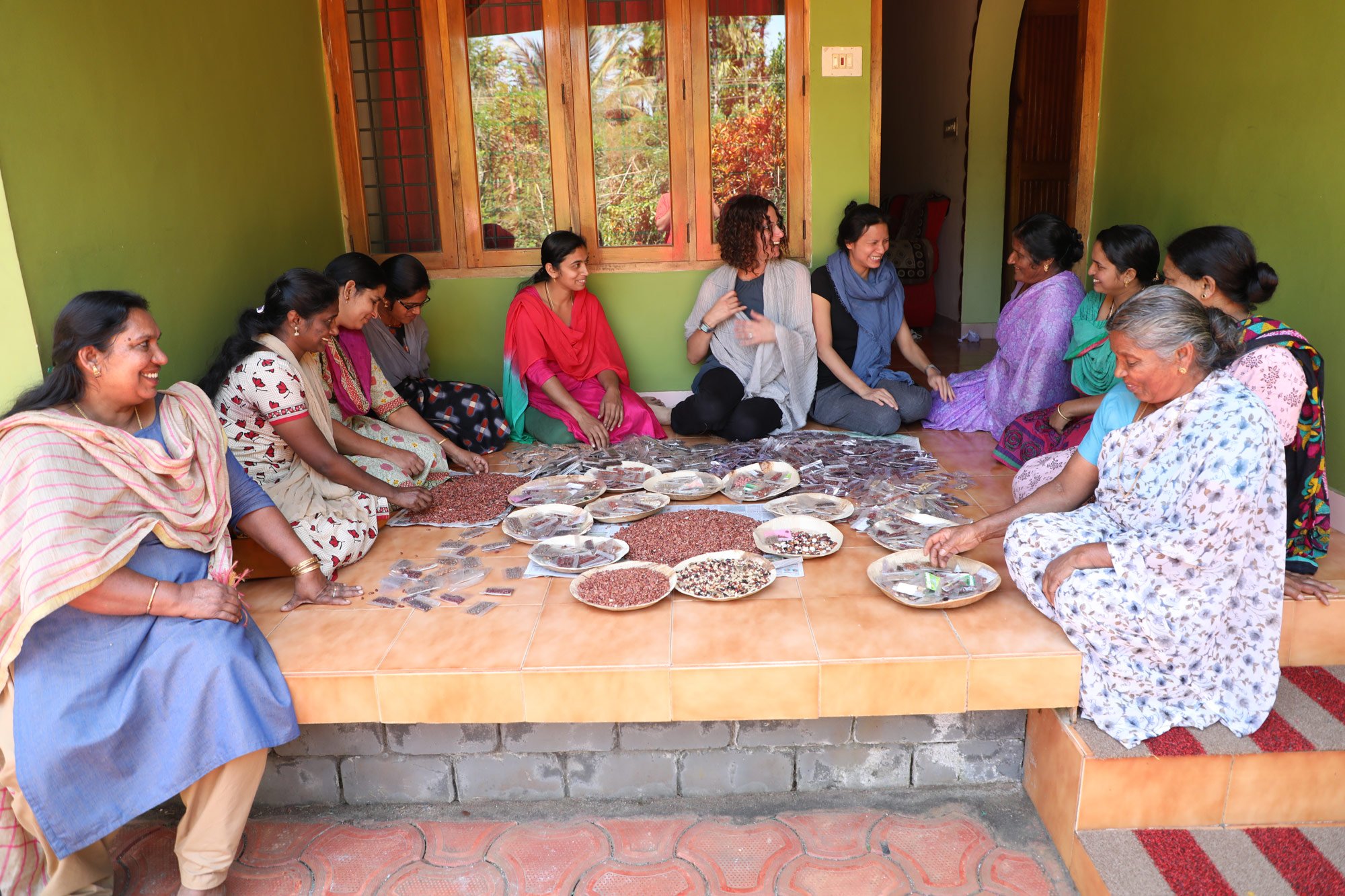
Pathways to Creating a Just Food System
The Global Economic System is rife with abuse and injustice. Since the power in global supply chains favors those with size and wealth, most of the people who grow, process, and produce our food suffer poverty wages, unsafe work conditions, and other rights violations. Small-scale farmers and workers are typically marginalized and disempowered in the global economic system. People are organizing in many different ways to push back against the conventional extractive business models to transform our food systems. Guest contributor, Dana Geffner shares some success stories of how different mechanisms drive a larger movement in creating a more just and sustainable food system.
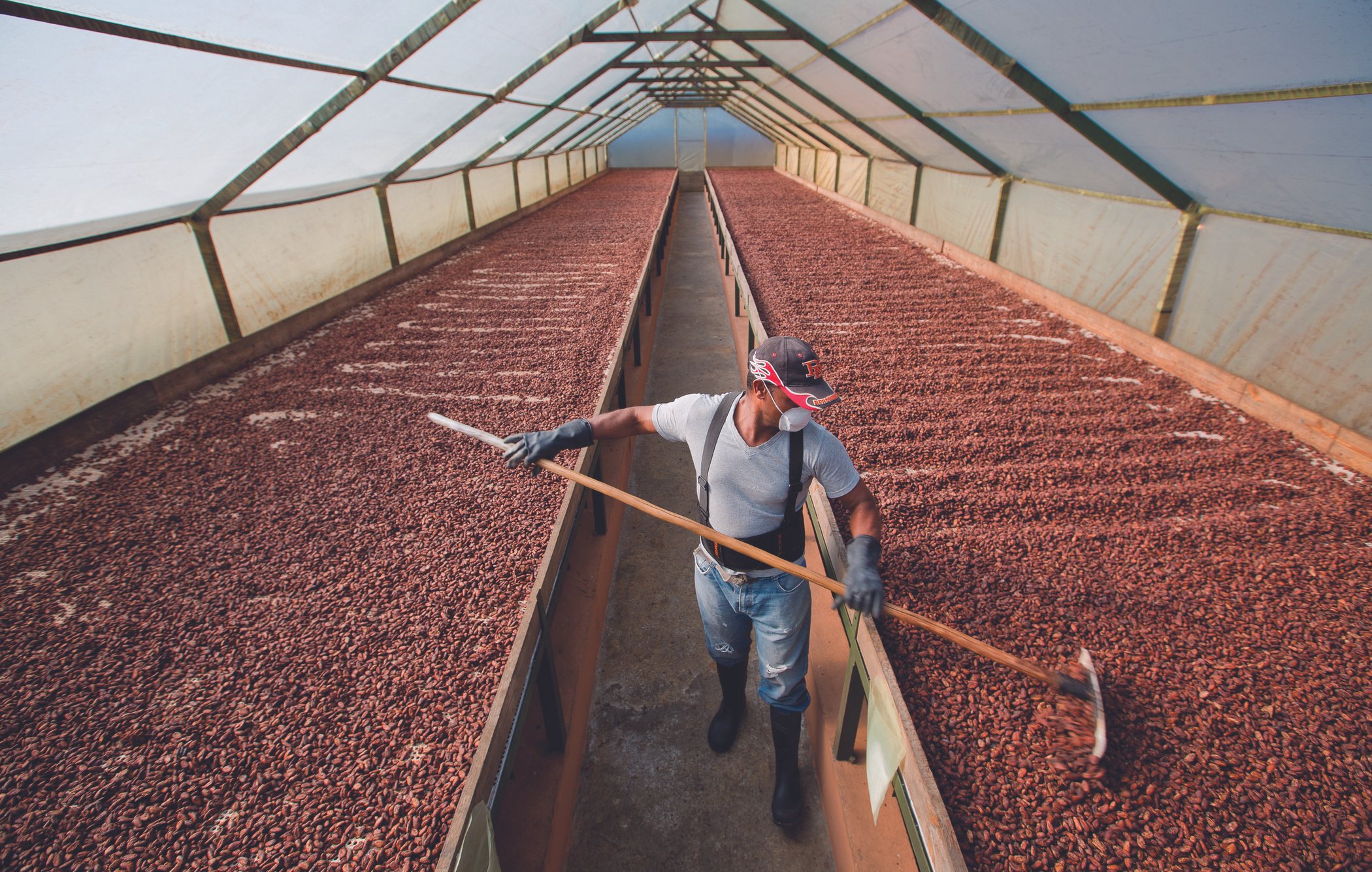
Chocolate: A Bittersweet Luxury
While chocolate is considered a luxury for many of us, for small-scale farmers worldwide, it is their source of necessary income that often comes with the harsh realities of corporate control of the industry. The cocoa industry is highly consolidated with only four companies controlling nearly 90% of the chocolate market, giving them a huge amount of control over cacao farmers and the prices we see on the supermarket shelves. What does this mean for farmers and child labor and do individuals have a chance at transforming a broken system?
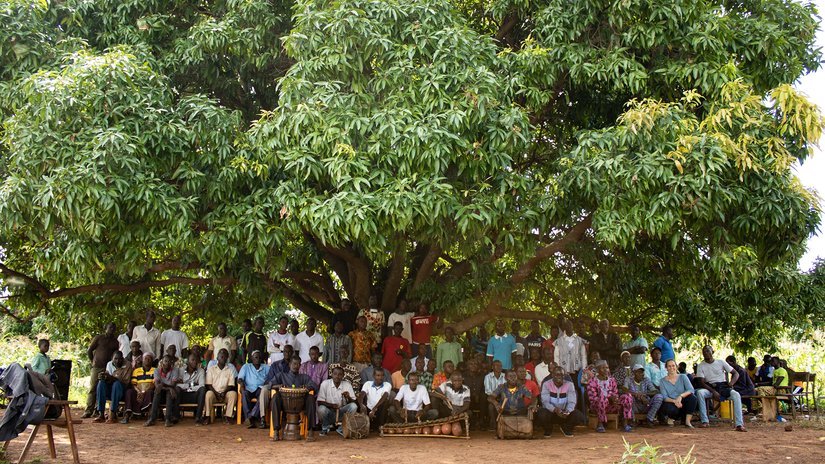
The Story Behind Our Alternative Trade Partnership with Gebana Burkina Faso
Since our founding, Equal Exchange has sought to partner with visionary, democratic, and sustainably-minded producer groups, distributors, food cooperatives, and natural grocery stores. This approach is no longer enough. We now have to respond to this growing corporate threat by taking our model one step further: partnering with other Alternative Trade Organizations and building bridges amongst ourselves, as if we were islands floating in a large ocean that is today’s food system. We believe this is the only way to survive, continue to thrive, and achieve our mutual goal of a food system that works for everyone, not just corporations.
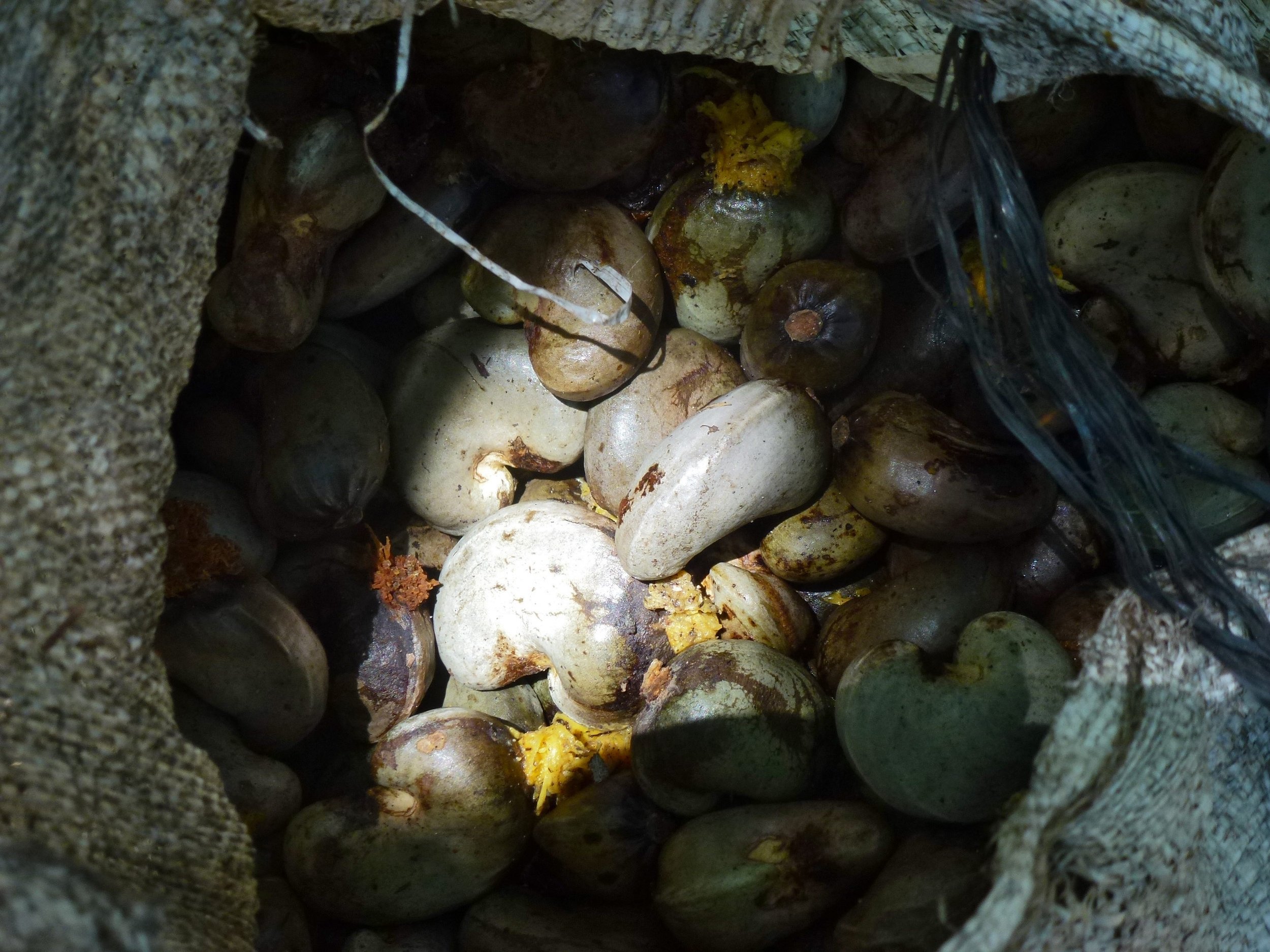
The Dark Side of the Cashew Industry
“If cashew importers want to ensure that their supply chains are not tainted with forced labor and abuse, they need to very closely scrutinize where they source their products,” –Joseph Amon, Director of Human Rights Watch, Health & Human Rights Division

Journey to ACOPAGRO and Connecting Communities with the Origin Bean Program
In 2019, Equal Exchange worked alongside ACOPAGRO cacao co-op of Peru to foster a delegation opportunity like no other. A blend of Equal Exchange worker-owners and customers traveled three hours from the nearest city by boat to learn about cacao farming in the Amazon basin and stayed with gracious hosts who opened their homes and lives to share in this experience.

“In this Together” with Fair Trade Alliance Kerala
“The Solidarity Economy may not really be able to kick in at critical times. Maybe we really have to devise new tools and new ways of engagement to make sure it's able to kick in, which is a dire need right now. The fact is, all of us are in it together, and we are searching for solutions, for answers; that in itself is an important pillar of solidarity.” –Tomy Mathew
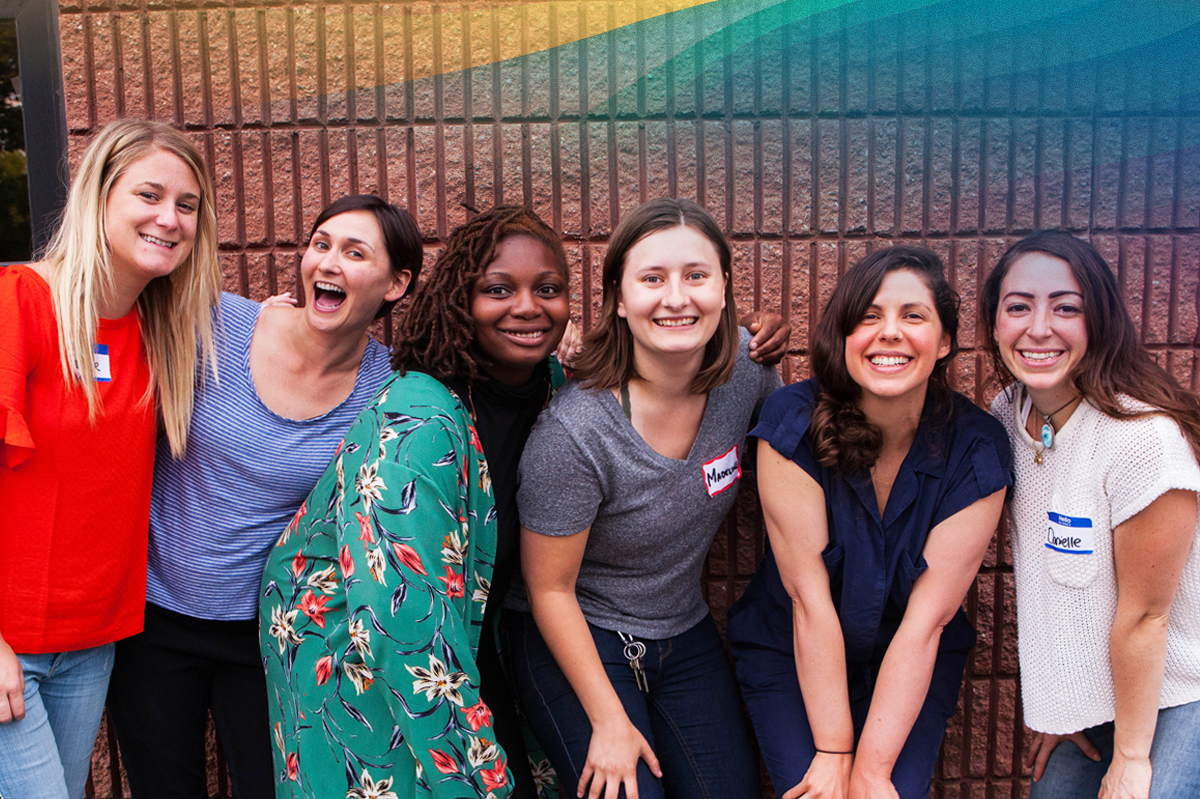
We Couldn’t Do It Without You, Citizen-Consumers
As Equal Exchange celebrates its thirty-sixth year of challenging conventional wisdom and structural inequities in the way food commodities are traded, we are once again taking stock in all that we have achieved and the daunting headwinds we are facing. Boy, are we glad we are doing this with all of you!
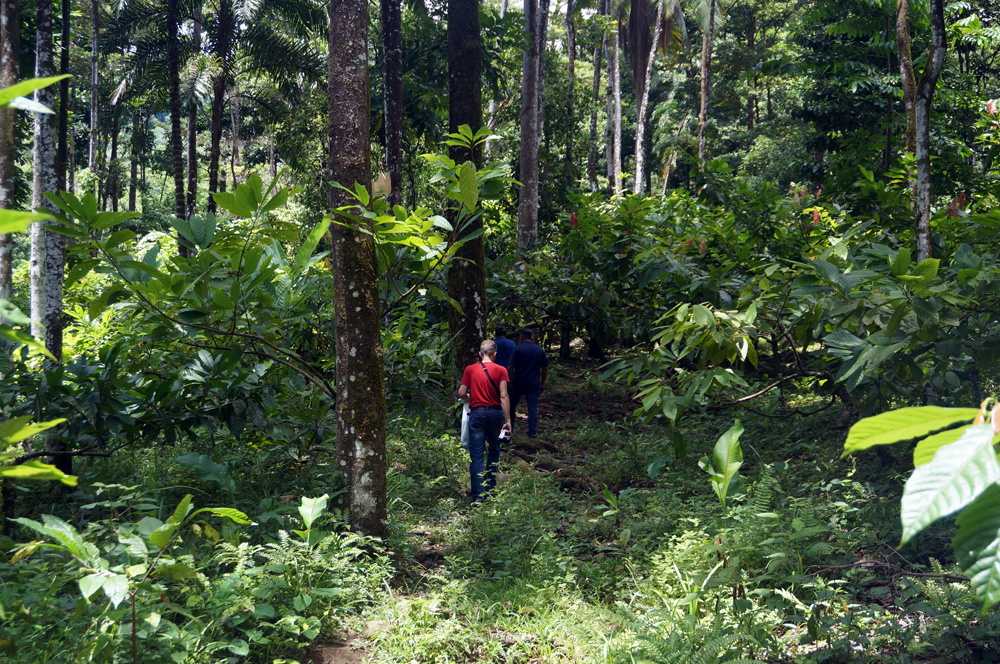
Investing in Our Planet With Organic Cacao Farming
This year’s global Earth Day theme is “Invest in Our Planet.” We’ve been investing in our future by supporting organic agriculture for over 35 years. But what does organic agriculture actually mean for farmers and the planet?
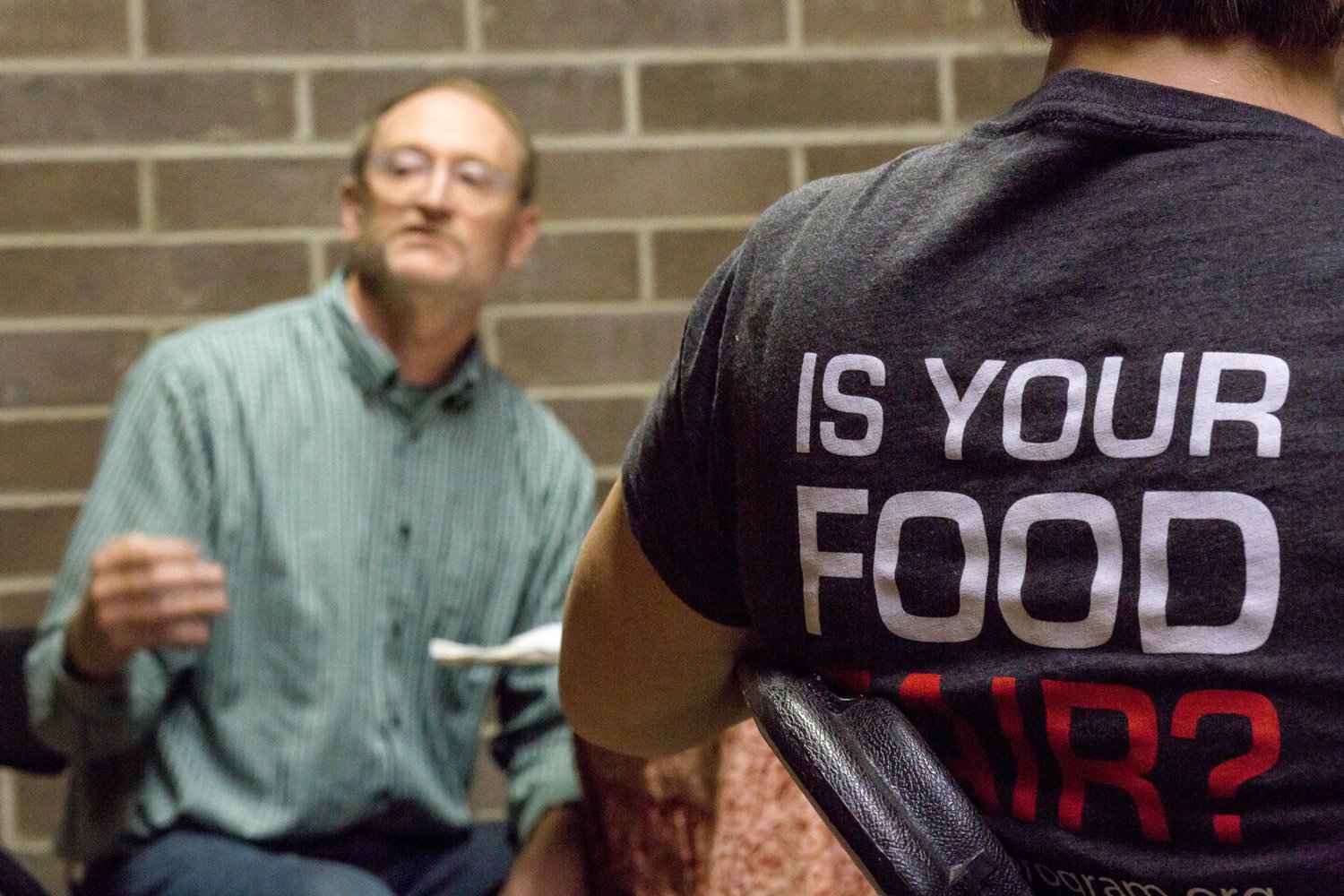
Equal Exchange’s Radical Model: Building Democratic Trade Networks in Contrast to Conventional Supply Chains
In the early years it was very clear that Equal Exchange was radically different and breaking many of the “rules” of the market. During this time fair trade or alternative trade was barely known so by definition, it was different because there were no alternatives.
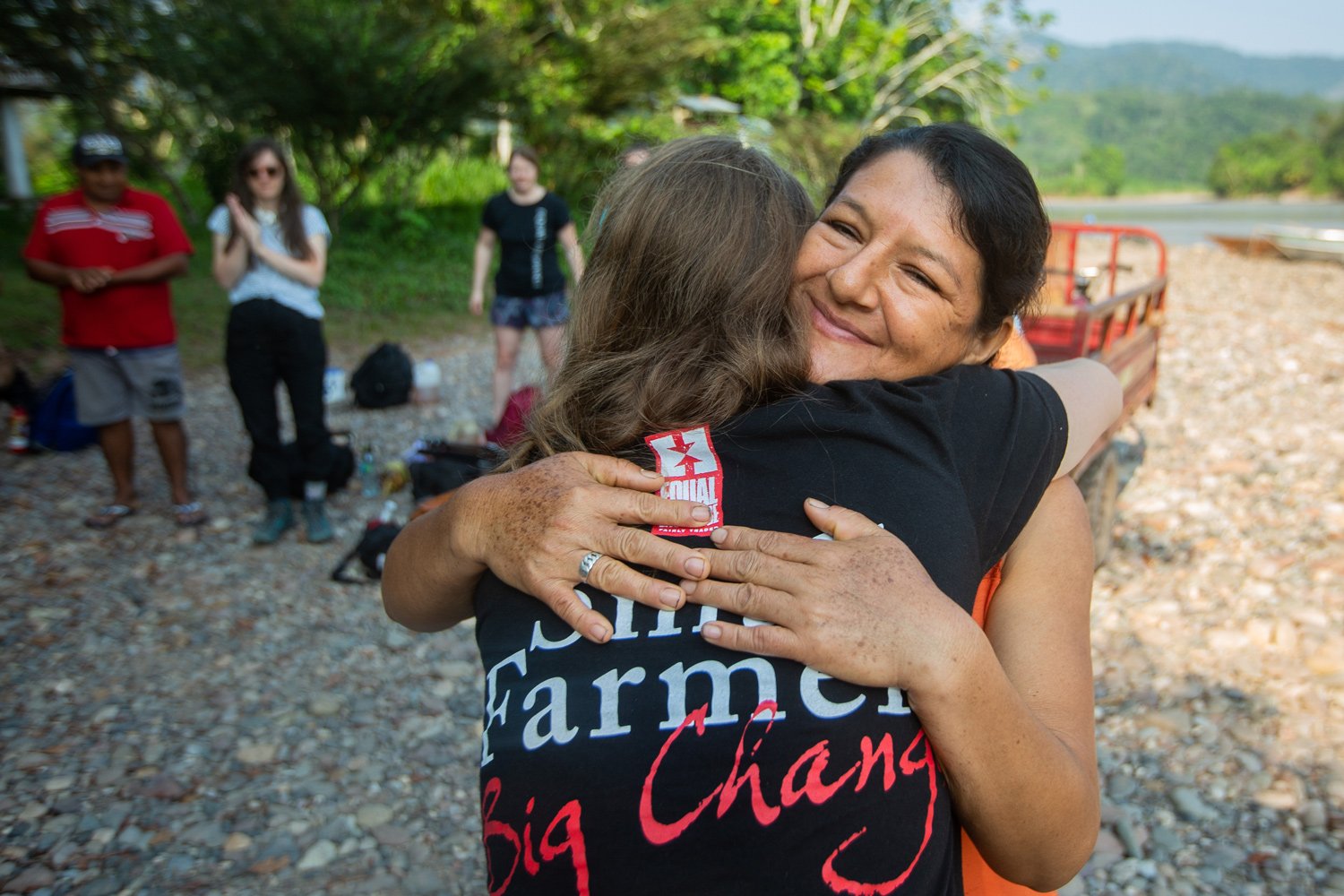
Relationships in the Time of COVID
Despite the extra layer of stresses and worries the pandemic is causing, we at Equal Exchange are also feeling a depth of gratitude and affection for the myriad relationships that we have cultivated over these past four decades. Creating, maintaining, and deepening relationships are the pillars that our organization and our business model are built upon.
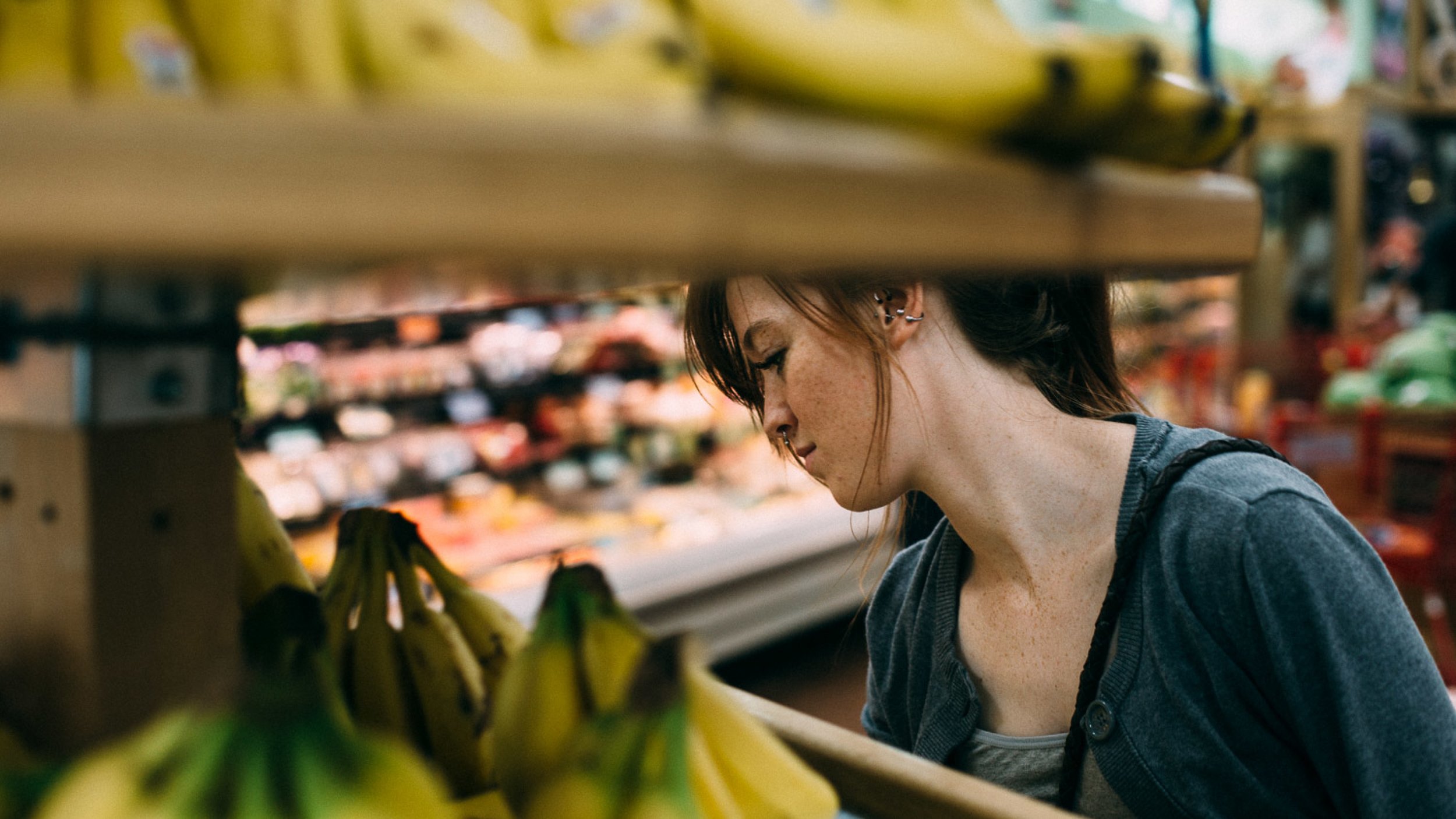
The Citizen-Consumer Dilemma: Part One
What are the high-level problems that we face as consumers, citizens and activists working within the U.S. and the global food marketplace?
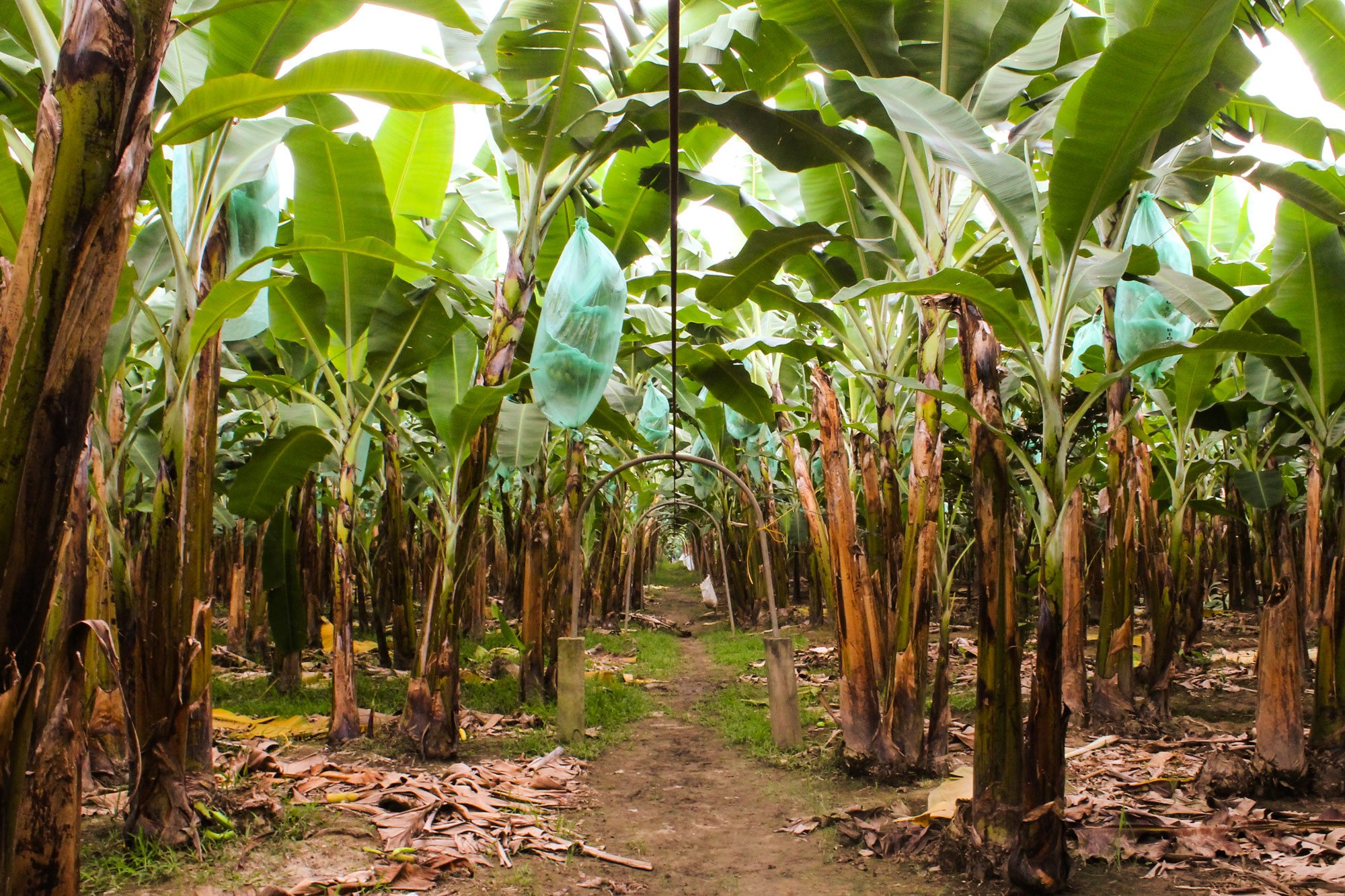
Cooperative Bananas, in Dollars and Cents
When you purchase a conventional banana at a grocery store, there are certain costs that your everyday low price covers: the fruit itself; the international shipping costs; the trucking from the warehouse to the grocery stores. These costs are internalized, meaning they’re accounted for in the final price you pay. But there are hidden costs to banana production that you won’t pay a cent for at the cash register.
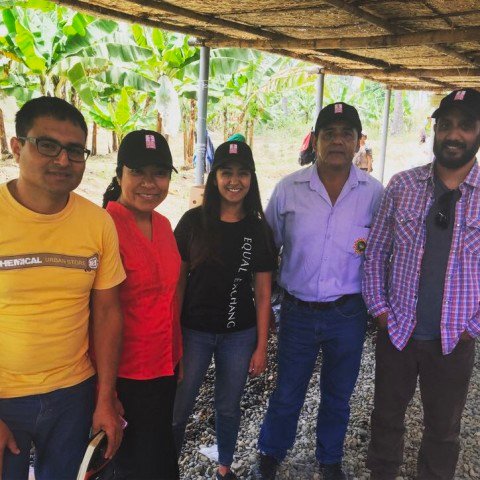
Unconventional Bananas in Peru: Interview with Julio Oscar Gallegos Herrera-Rambla
Equal Exchange works with a movement of independent businesses–farmer co-ops, distributors, stores–to create a banana supply chain that is unconventional at every step. In a sensitive industry, we look to the farmer organizations revolutionizing the banana trade to envision a future in which the industry represents and benefits all stakeholders.
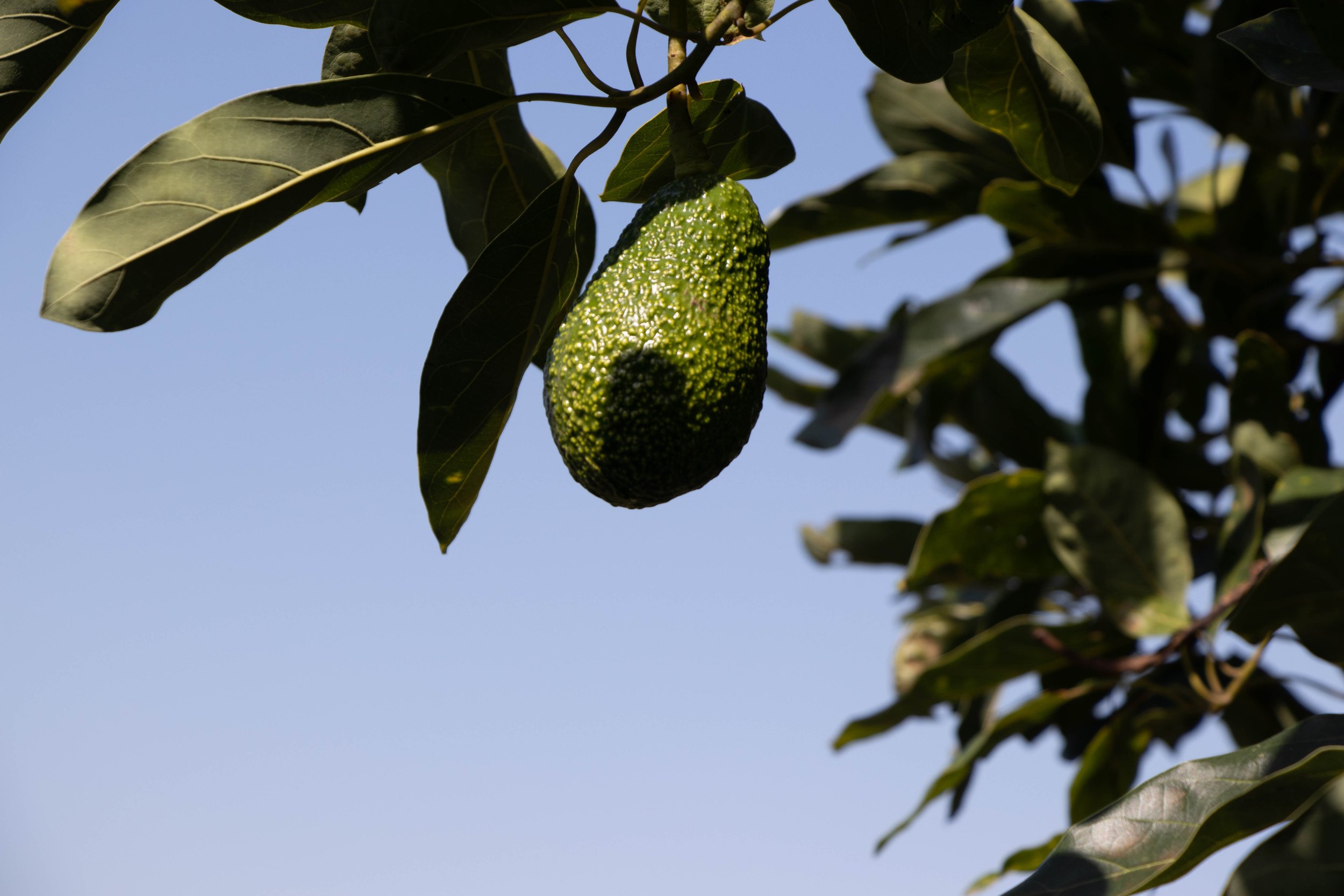
Why Peruvian Avocados Matter
If you’re a U.S. consumer, 8 out of 10 times your avocado will come from Michoacán, Mexico. There are various reasons for this Mexican dominance of the U.S. avocado market, like geographic proximity. However, as consumer demand has continued to boom, it has become clear that other origins are needed to provide a stable and reliable year-round supply for consumers.
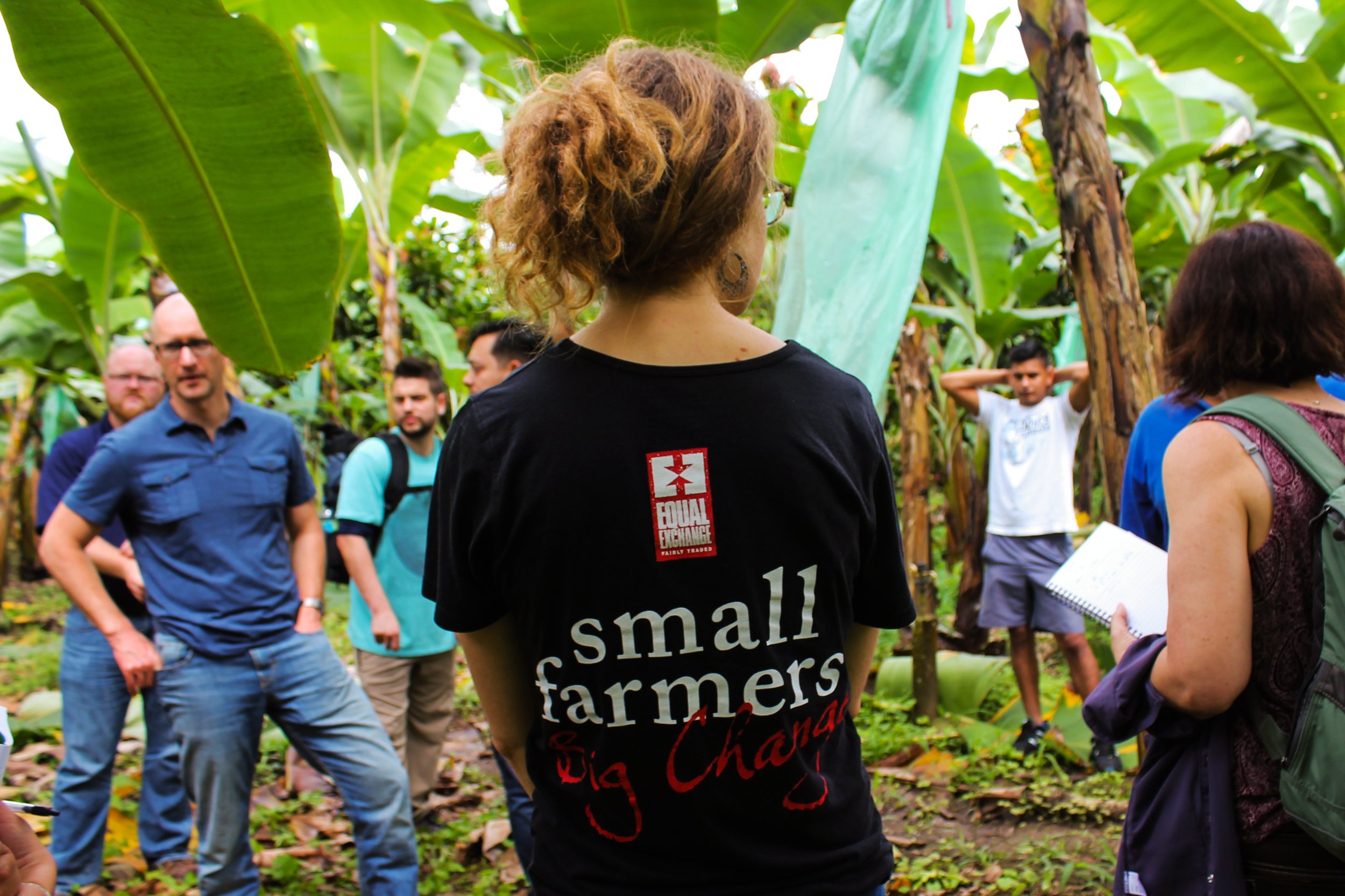
About Equal Exchange Fresh Produce
Fairtrade. Organic. Small Farmer Grown. Equal Exchange produce is unconventional. It’s not just that it is organic and Fairtrade, the Equal Exchange produce supply chain is a genuine departure from the conventional system.
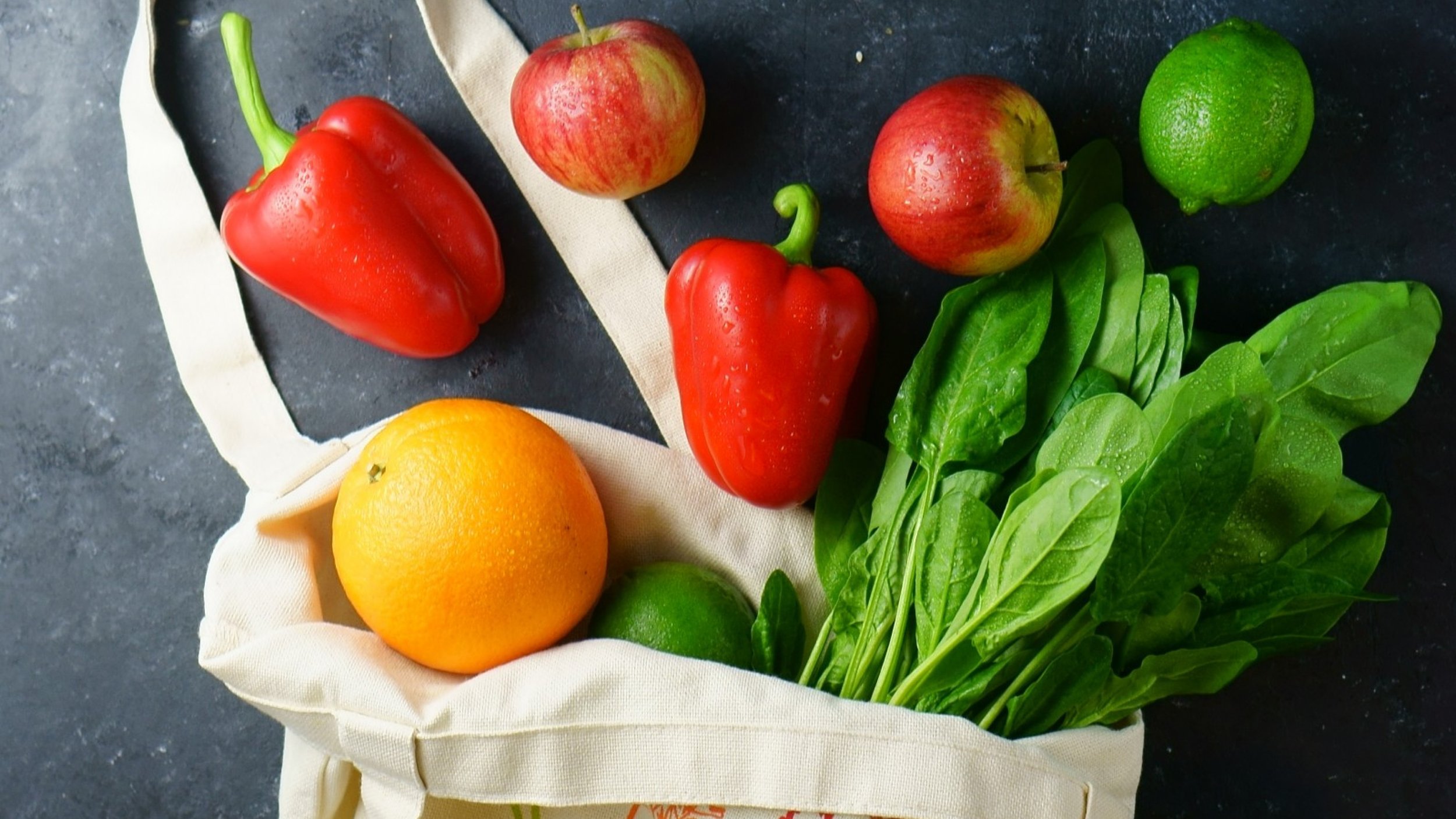
The Citizen-Consumer Dilemma: Part Two Continued
In Part One of the Citizen-Consumer Dilemma series, we described key problems we need to address, challenge and solve if we want to create a just food system. In Part Two, post one, we dug into the successes and failures of Fair Trade and Certifications as food system reforms. And now, we look to Food Co-ops and Boycotts.

